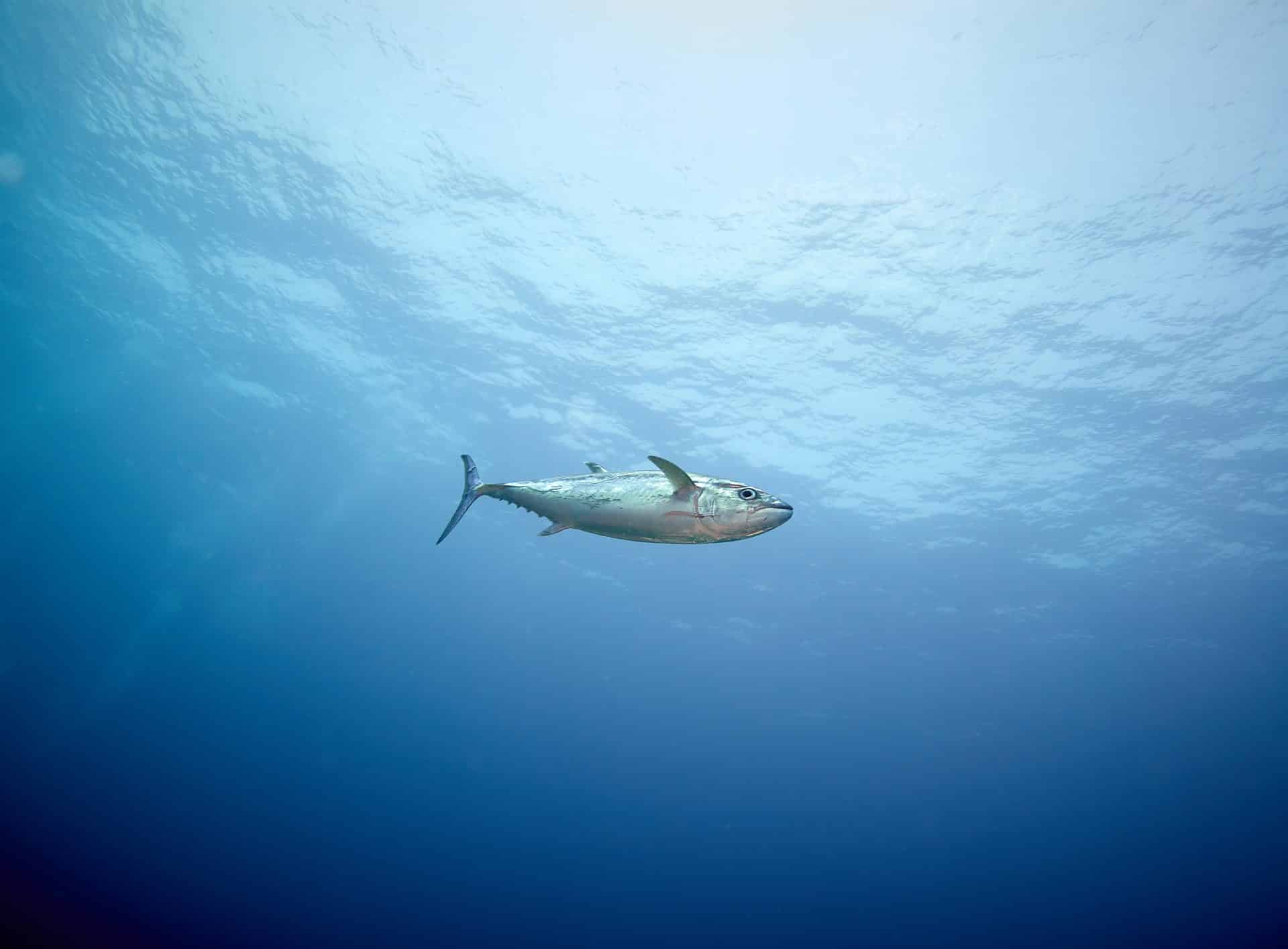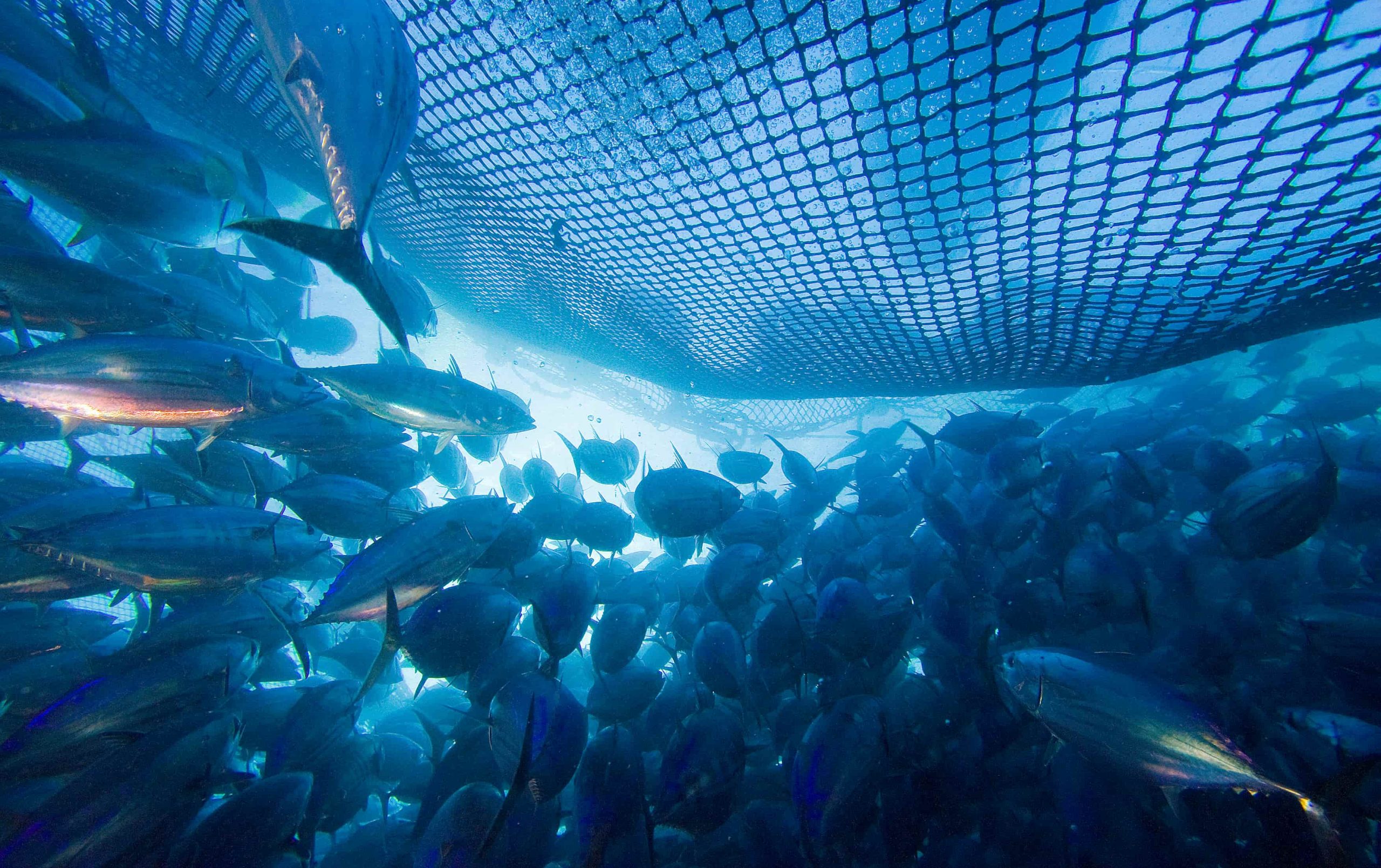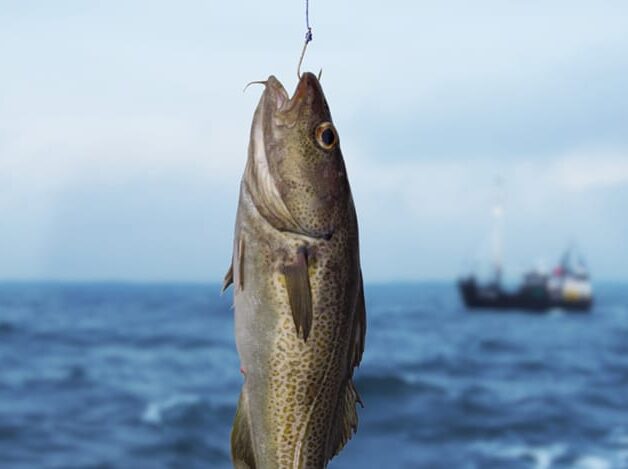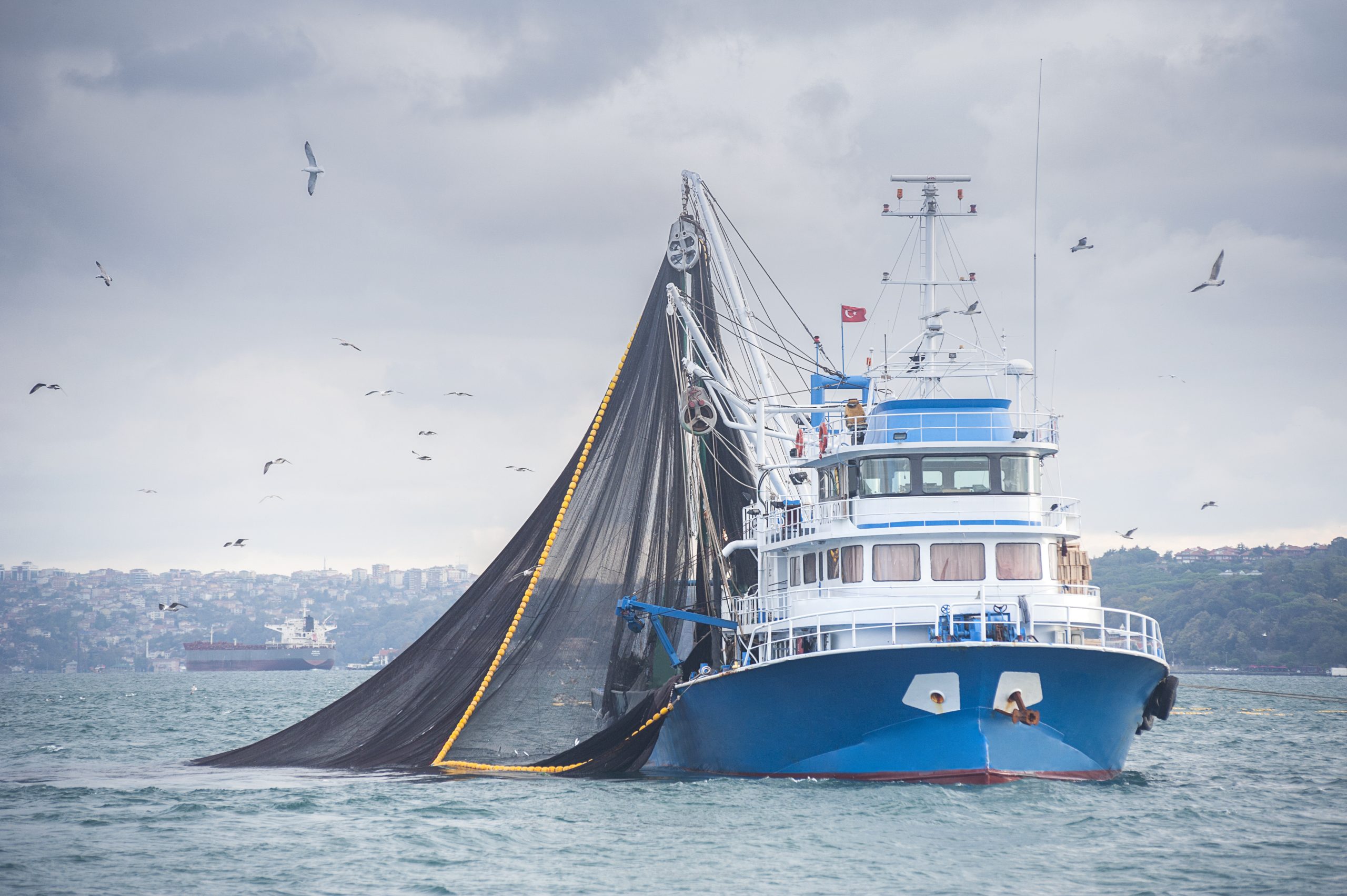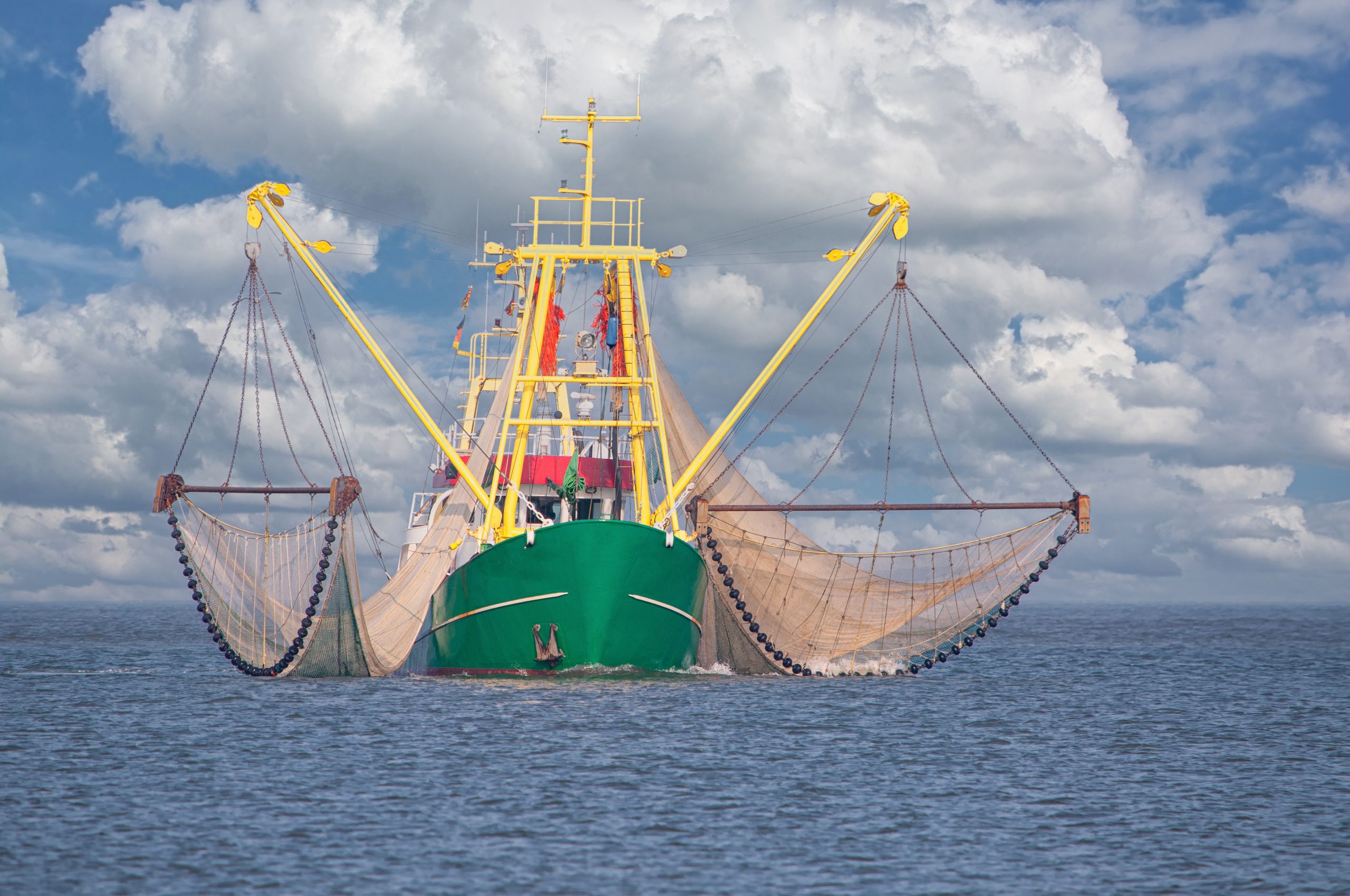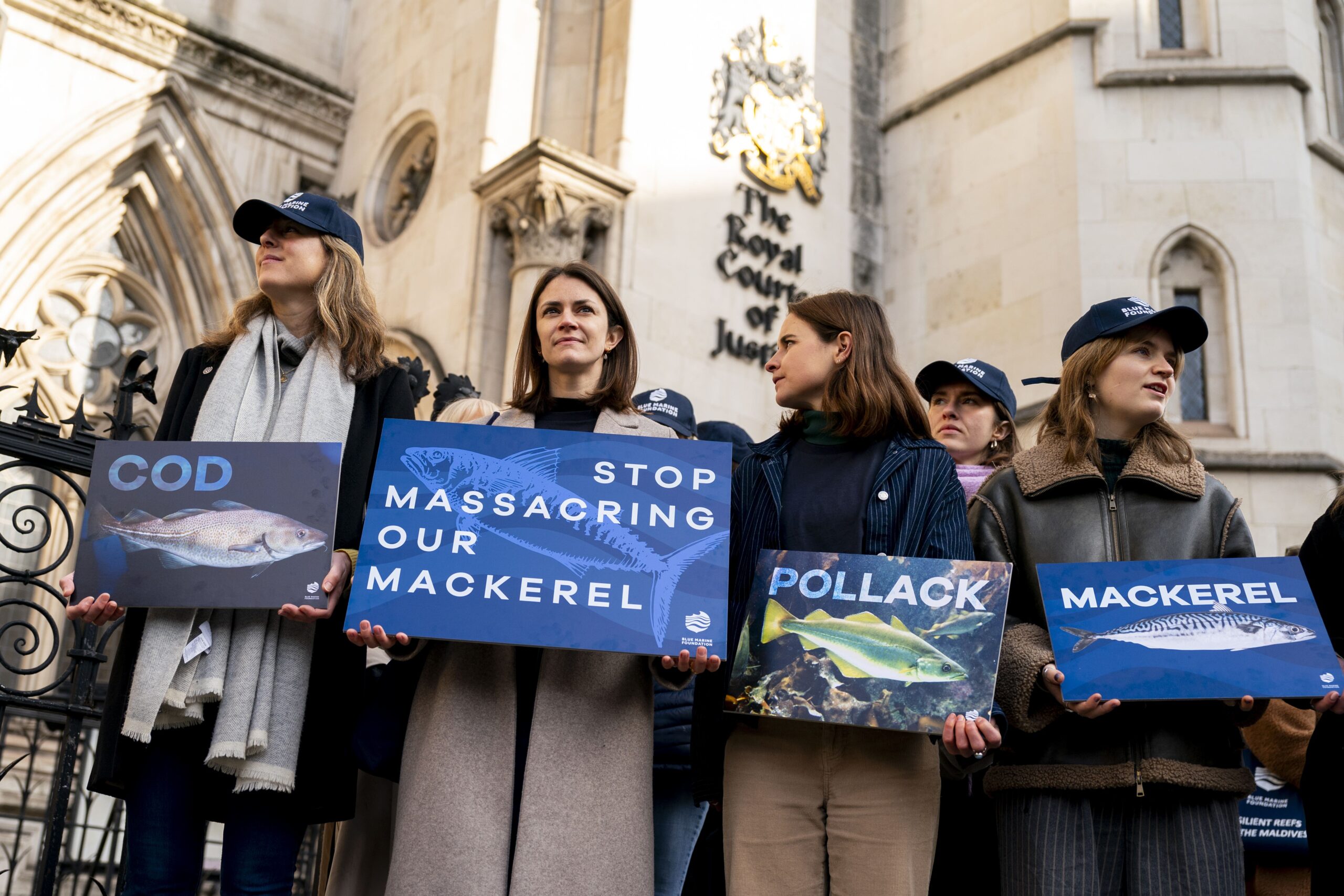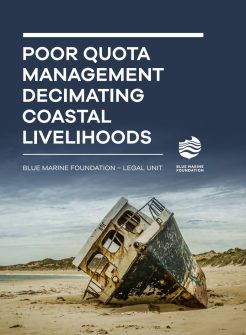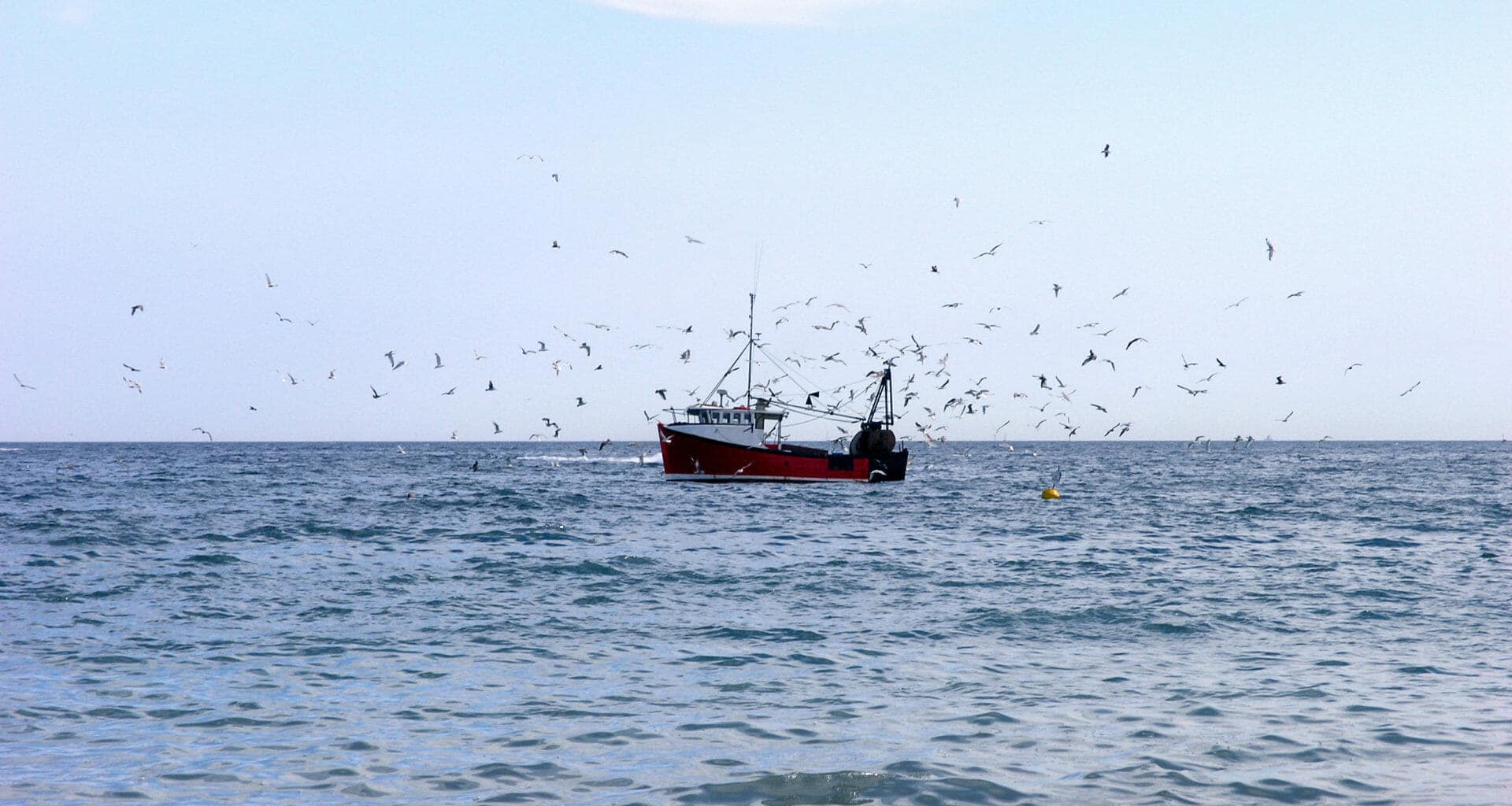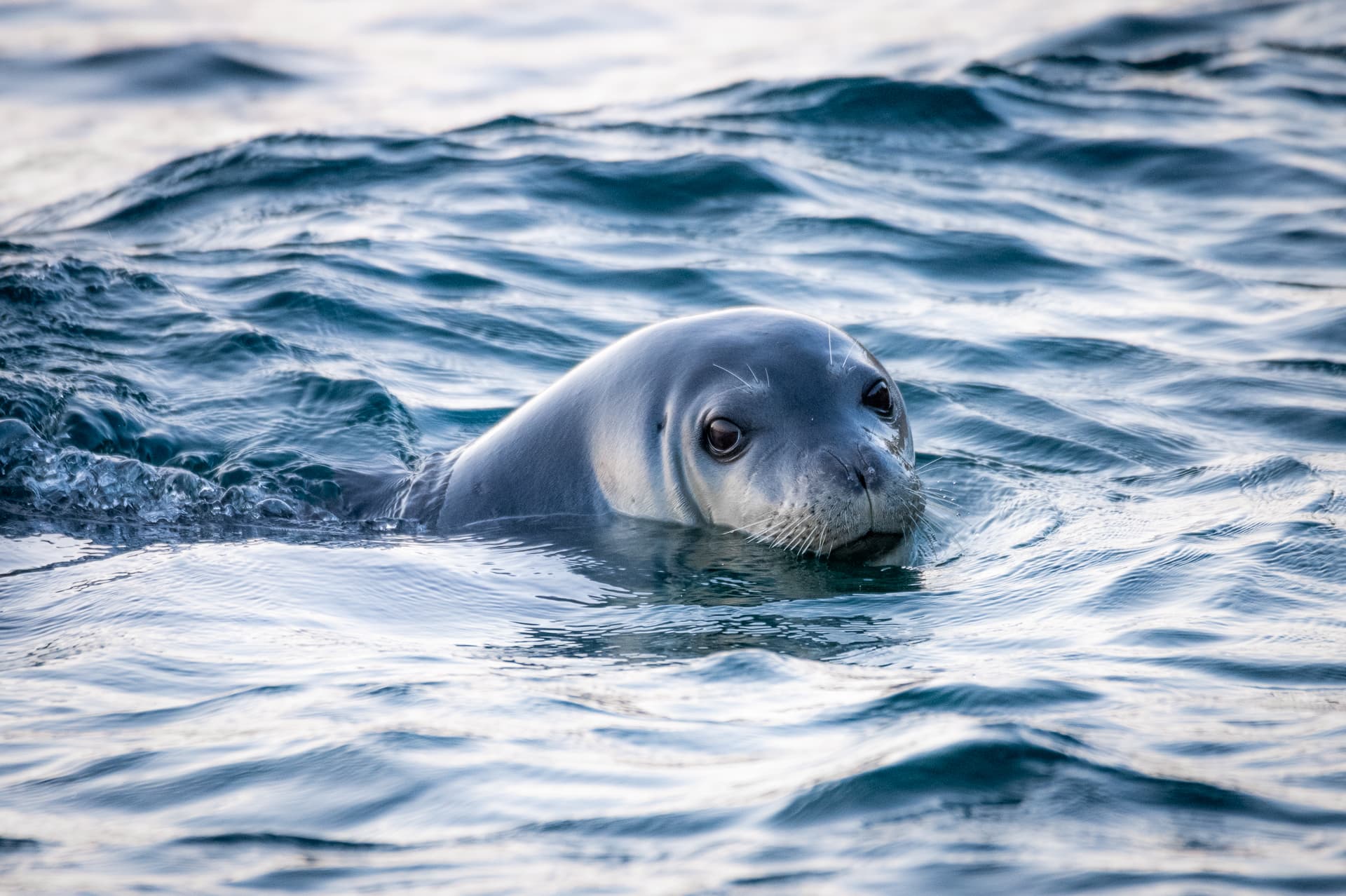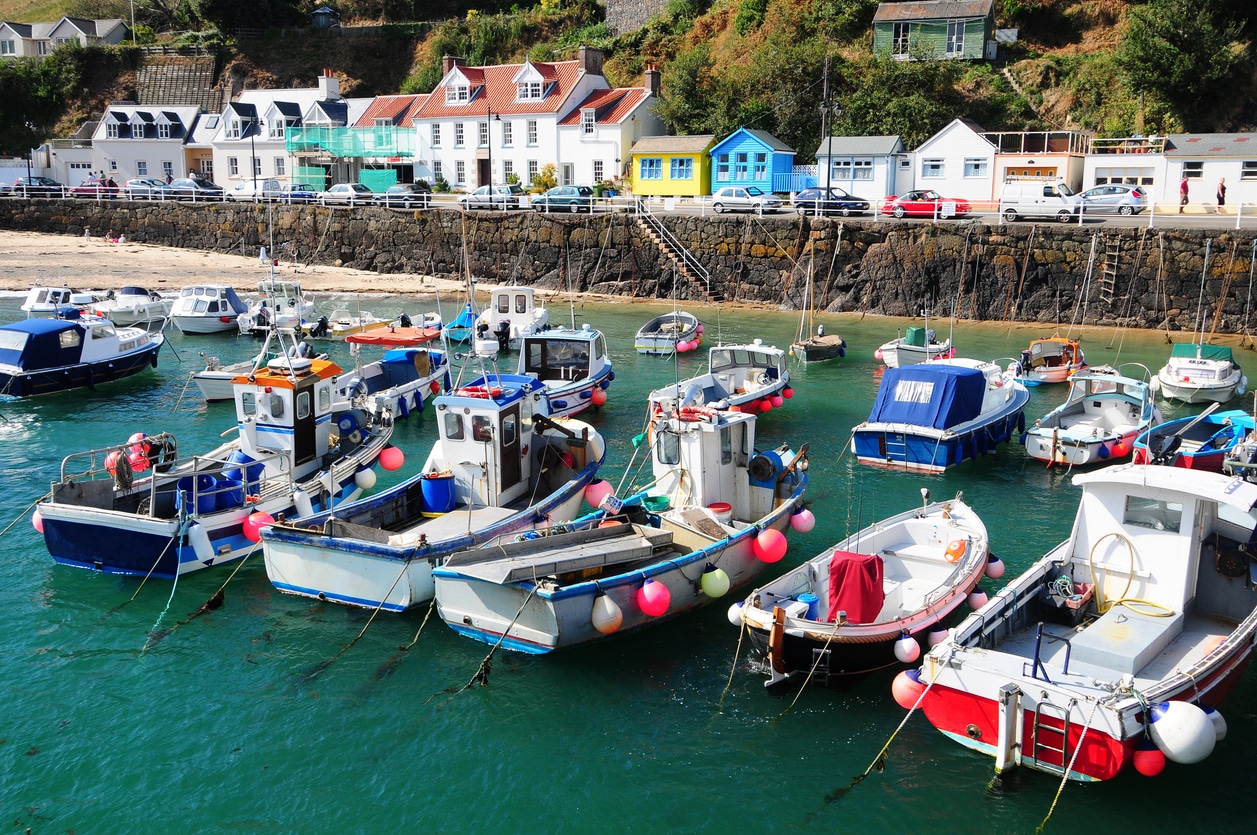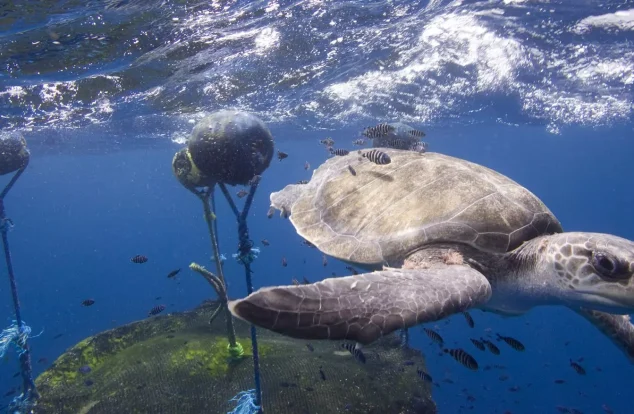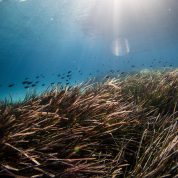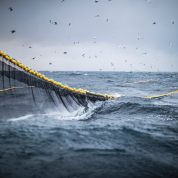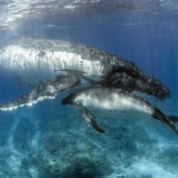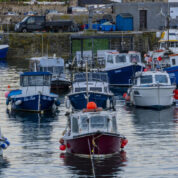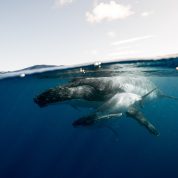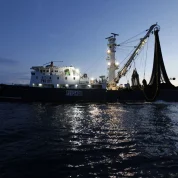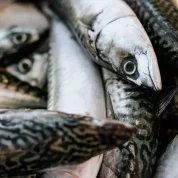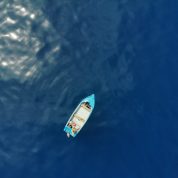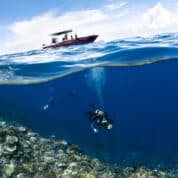Blue Legal focuses on those key areas of law which will lead to systemic change and we do not work in isolation. We collaborate with major law firms, leading lawyers, exceptional academics, and other civil society organisations. Their expertise has enabled us to take a broad approach to the subject and work in areas from international subsidies to the constitutions of small island states, to arcane corners of property law. Breadth of expertise enables a holistic approach to a problem: poor environmental management is often a symptom of a deeper failing in the system.
Blue Legal’s approach is to support civil institutions, only resorting to court action when absolutely necessary. A lot of our work involves patient collaboration with interested groups across the political and social spectrum to encourage the development of good workable law. But that still may still involve going to court. When the UK brought in fisheries management measures to protect sandeels – the base of the North Sea food chain – the EU accused it of breaching the Brexit Trade and Cooperation Agreement, in the first case of its kind. We filed an amicus brief to the advise the Tribunal, drafted by world-leading international lawyers, supporting the UK’s position. The case turned on a number of complexities but in essence the arbitrators sided with our interpretation that UK environmental law could be imposed on EU vessels in British waters, they were not some sort of law unto themselves. The sandeel and the vast range of marine life dependent on it were saved!
We also show our teeth against governments where necessary. In 2022 we threatened the UK with legal action for failing to bring in fisheries management measures across its offshore marine protected areas. The government settled out of court and adopted our legal position. The UK has since brought in a suite of measures, starting with a bottom-trawl ban on its portion of the Dogger Bank (an area half the size of Wales). Our case depended on EU laws, which still applied to the UK after Brexit. We are now collaborating with various civil society groups across Europe to bring in fisheries management measures in EU MPAs. The EU remains far behind the UK and in December 2024, we (and others) issued legal proceedings in the Netherlands.
In Spring 2025 we were in the High Court in London suing the UK Government for determining its share of the international fishing quota at a level that exceeded scientific advice. Despite strong advocacy, widely reported in the UK media, the judge found against our arguments. We have lodged an appeal with the UK’s Court of Appeal and remain undaunted. Ignoring scientific advice is disastrous for the environment and fishing businesses alike.
These are snapshots of our work and much of it is not so combative. Where we can, we provide open access to our legal research. With leading international experts we recently published a research paper investigating the effectiveness of EU marine environmental law and another signalling poor quota allocation in the UK and other jurisdictions, quota being the key conservation measure for sustainable fishing.
Much of our work remains confidential and to date we have operated in approaching 50 different jurisdictions on a huge range of work.
